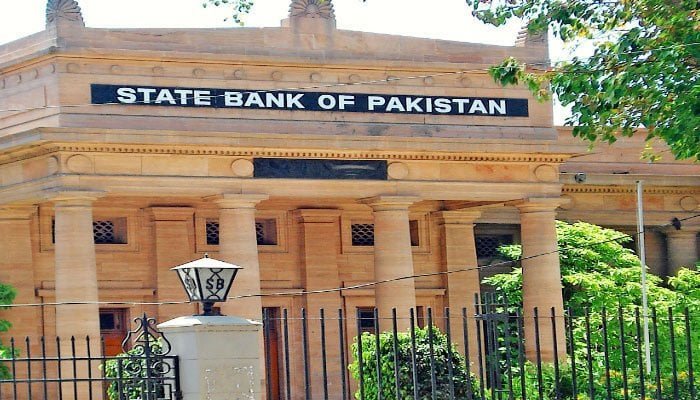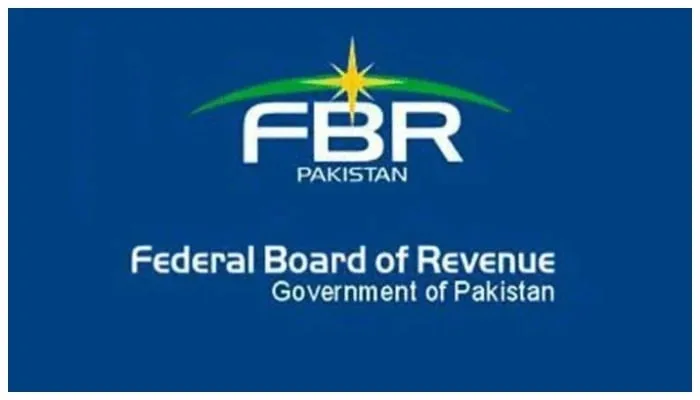The State Bank of Pakistan has temporarily suspended the licenses of local exchange companies, citing serious regulatory violations as the reason for this action. The central bank has put a halt to the operations of these exchange companies for a period of three months.
In an official statement issued by the State Bank, it was stated that the local exchange companies, including their head offices, branches, and franchises, have been ordered to cease their activities due to violations of regulations. This move is part of the central bank’s efforts to enforce stringent compliance with the rules governing the exchange industry in Pakistan.
The suspension of licenses for local exchange companies underscores the importance of regulatory oversight in the financial sector. Exchange companies play a vital role in facilitating currency exchange and remittances for individuals and businesses, making them a crucial part of the country’s financial infrastructure. However, to maintain the integrity of financial transactions and protect consumers, it is imperative that these entities adhere to established regulations.
The specific regulatory violations that led to the suspension of licenses have not been detailed in the State Bank’s announcement. Still, it is clear that the central bank takes compliance with financial regulations seriously and is prepared to take action against those who fail to meet the required standards.
It’s worth noting that this is not an isolated incident in Pakistan’s financial sector. Regulatory authorities have been actively monitoring financial institutions and exchange companies to ensure that they comply with anti-money laundering (AML) and counter-terrorism financing (CTF) regulations. These measures are in line with international standards and requirements imposed by organizations like the Financial Action Task Force (FATF).
The suspension of licenses serves as a warning to all financial institutions and exchange companies that regulatory compliance is not optional. Failure to adhere to AML, CTF, and other financial regulations can result in severe penalties, including the suspension or revocation of licenses, fines, and legal actions.
For the affected local exchange companies, this suspension is a significant setback that will impact their operations and reputation. They will need to take immediate corrective actions, rectify any regulatory violations, and work closely with the State Bank to ensure that they meet all compliance requirements before their licenses can be reinstated.
Overall, this action by the State Bank reinforces the importance of financial regulation and supervision to maintain the integrity and stability of Pakistan’s financial sector while protecting consumers and the broader economy from potential risks associated with non-compliance.



